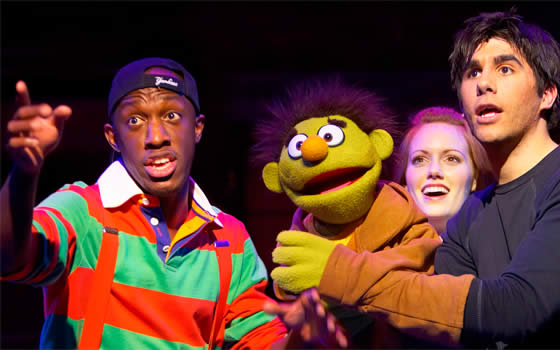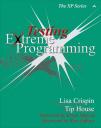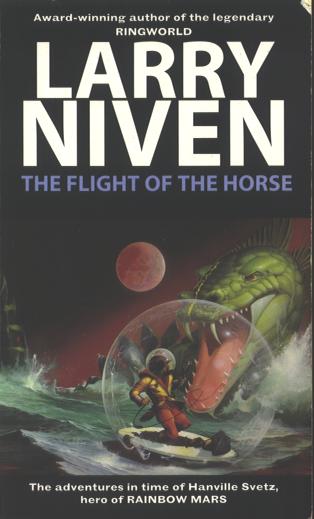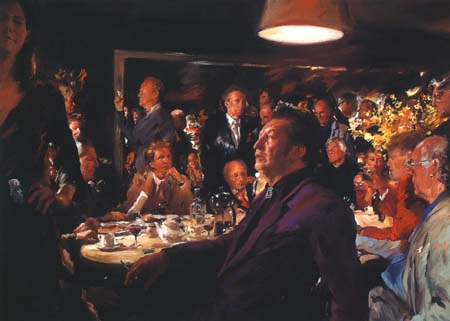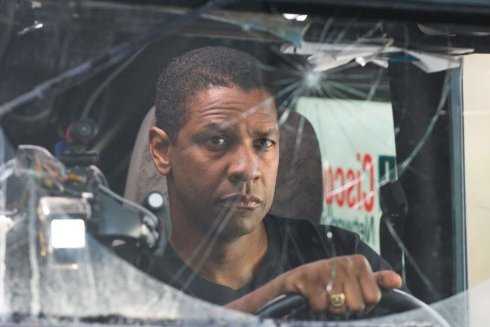The Deluded Ramblings of a Rather Odd Person
Hello everybody - I think you are all lovely. Would you like to come for tea? Great. See you tonight. I have some gorgeous videos of dog-on-dog hot action, we could watch them together whilst wearing fluffy jumpers. I have the worlds finest collection of stripy fluffy jumpers. They are as hot-as-a-hot-pink-thing-would-be-if-it-was really-hot-and-pink.
Hmmm... all this talk of hot and pink things reminds me of a dream I had last night. Don't you love talking about dreams. The only corollary is how much I loathe listening to other people talk about their dreams. Anyhoo, back to the subject. Anyhoo is an odd word. I'm sure I was watching some obscure TV pre-processed-almost-pre-digested program of yester-year the other day when I heard people using it. What degradations we force upon our faithful mistress the English language. (And the subject of degradation neatly reminds me of the dream which I am now too distracted to talk about.)
Language is a great thing. That of course is obvious, but mere hyperbole and superlatives are insufficient to express the magnitude of the underlying awesomeness. That of course is midly ironic, which is utterly lost on me, but there we go. Written language is almost more stupefying. Scratchings and scribblings that convey meaning, which propels unbidden into the mind upon the merest glance, and transcends mundane experience to transport the imagination. How did this state of affairs ever come into being ?
To explore this extraordinary situation we need to devolve, literally of course - but also literarily, to component components. Tangentially I would say this is a bad idea, but parenthetically I would *love* to watch you try.
Anyway (is this a sentence?). To those of you who have endured to the ends, I am deeply sorry.

